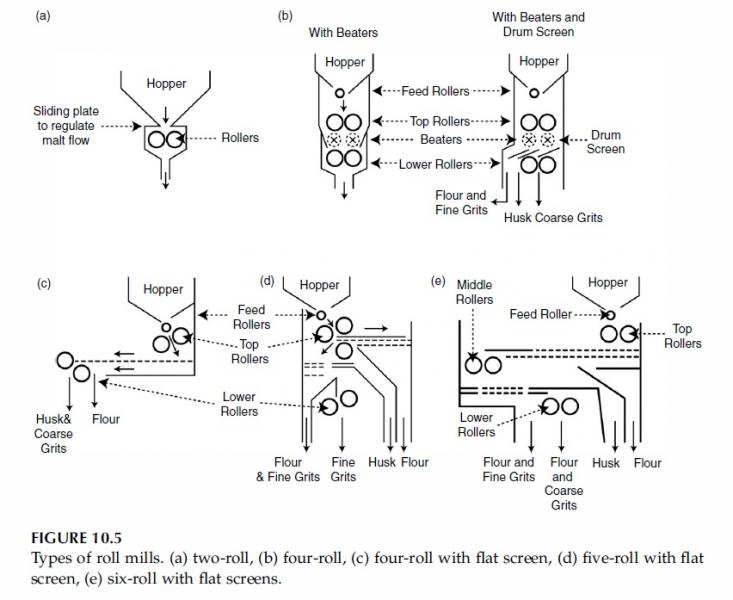Mash Efficiency from John Palmer
"In the last 15 years, people have stopped getting hung up on "My efficiency is better than your efficiency", as JZ says, when your in a mediocre resource efficiency at 70-75%, your making a much richer tasting beer than if your brewing at 90 or 95% efficiency when your getting every last gram of extract out of your grain bill. You get a lot more polyphenols and stuff also leeching out of the grain at that point when your doing that much extraction. If you back off to 70 or 75%, your getting a better tasting beer out of that wort.
The Sunday Session; 9-13-2009 Approx. 2 hours into the show.
After Tasty ask's Palmer about bigger brewers shooting for higher numbers, 80-85%, Palmer say's
"I think, when your mash pH is spot on your going to get better conversion and higher extract efficiency from the same amount of grains. What we could be looking at there is they know their system well enough and the recipe well enough that they are getting optimum mash pH, getting better extract efficiency from that amount of grain, and there by, because the pH is spot on, getting a better flavor out of that beer."
"It may not be a quicker conversion but maybe less lautering necessary"
"In the last 15 years, people have stopped getting hung up on "My efficiency is better than your efficiency", as JZ says, when your in a mediocre resource efficiency at 70-75%, your making a much richer tasting beer than if your brewing at 90 or 95% efficiency when your getting every last gram of extract out of your grain bill. You get a lot more polyphenols and stuff also leeching out of the grain at that point when your doing that much extraction. If you back off to 70 or 75%, your getting a better tasting beer out of that wort.
The Sunday Session; 9-13-2009 Approx. 2 hours into the show.
After Tasty ask's Palmer about bigger brewers shooting for higher numbers, 80-85%, Palmer say's
"I think, when your mash pH is spot on your going to get better conversion and higher extract efficiency from the same amount of grains. What we could be looking at there is they know their system well enough and the recipe well enough that they are getting optimum mash pH, getting better extract efficiency from that amount of grain, and there by, because the pH is spot on, getting a better flavor out of that beer."
"It may not be a quicker conversion but maybe less lautering necessary"



